Reducing the Threat of Nuclear War 2017
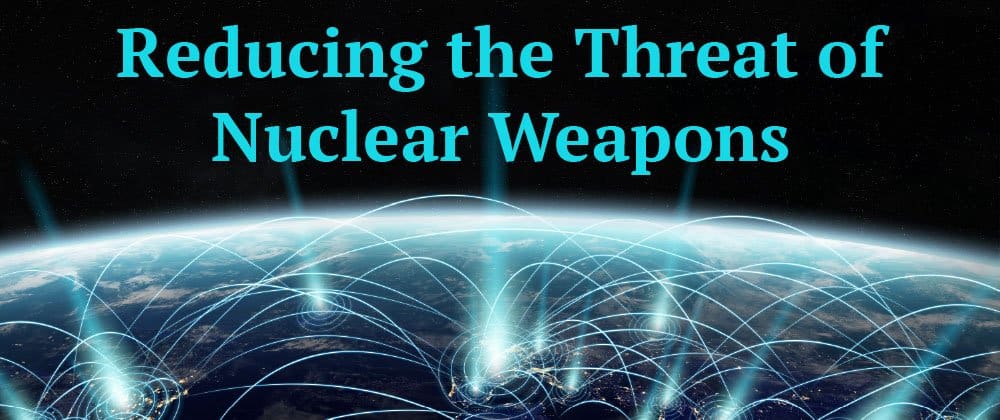
Contents
Spring Conference at MIT, Saturday, May 6
The growing hostility between the US and Russia — and with North Korea and Iran — makes it more urgent than ever to reduce the risk of nuclear war, as well as to rethink plans to spend a trillion dollars replacing US nuclear weapons with new ones that will be more suited for launching a first-strike. Nuclear war can be triggered intentionally or through miscalculation — terror or error — and this conference aims to advocate and organize toward reducing and ultimately eliminating this danger.
This one-day event includes lunch as well as food for thought from a great speaker lineup, including Iran-deal broker Ernie Moniz (MIT, fmr Secretary of Energy), California Congresswoman Barbara Lee, Lisbeth Gronlund (Union of Concerned Scientists), Joe Cirincione (Ploughshares), our former congressman John Tierney, MA state reps Denise Provost and Mike Connolly, and Cambridge Mayor Denise Simmons. It is not an academic conference, but rather one that addresses the political and economic realities, and attempts to stimulate and inform the kinds of social movement needed to change national policy. The focus will be on concrete steps we can take to reduce the risks.
Schedule
8:45 AM – Registration and coffee
9:15 AM – Welcome from City of Cambridge: Mayor Denise Simmons
9:30 AM – Program for the Day: Prof. Jonathan King (MIT, Peace Action)
9:45 AM – Session I. The Pressing Need for Nuclear Disarmament
– Costs and Profits from Nuclear Weapons Manufacture: William Hartung (Center for International Policy).
– Reasons to Reject the Trillion Dollar Nuclear Weapons Escalation: Joseph Cirincione (Ploughshares Fund).
– Nuclear Weapons Undermine Democracy: Prof. Elaine Scarry (Harvard University)
10:45 AM – Session II. Destabilizing Factors
Chair: Prof. Frank Von Hippel (Princeton University)
– Dangers of Hair Trigger Alert: Lisbeth Gronlund (Union of Concerned Scientists).
– Nuclear Modernization vs. National Security: Prof. Aron Bernstein (MIT, Council for a Livable World).
– Accidents and Unexpected Events: Prof. Max Tegmark (MIT, Future of Life Institute).
– International Tensions and Risks of further Nuclear Proliferation: TBA.
12:00 PM – Lunch Workshops (listed below)
2:00 PM – Session III. Economic and Social Consequences of Excessive Weapons Spending
Chair: Prof. Melissa Nobles (MIT):
– Build Housing Not Bombs: Rev. Paul Robeson Ford (Union Baptist Church).
– Education as a National Priority: Barbara Madeloni (Mass Teachers Association).
– Invest in Minds Not Missiles: Prof. Jonathan King (MIT, Mass Peace Action).
– Build Subways Not Submarines: Fred Salvucci (former Secretary of Transportation).
3:00 PM – Session IV. Current Prospects for Progress
Chair: John Tierney (former US Representative, Council for a Livable World)
– House Steps Toward Nuclear Disarmament: U. S. Representative Barbara Lee.
– Maintaining the Iran Nuclear Agreement: Ernie Moniz (MIT, former Secretary of Energy).
4:15 PM – Session V. Organizing to Reduce the Dangers
Chair: Jim Anderson (President, Peace Action New York State):
– Divesting from Nuclear Weapons Investments: Susi Snyder (Don’t Bank on the Bomb).
– Taxpayers Information and Transparency Acts: State Reps Denise Provost/Mike Connolly.
– Mobilizing the Scientific Community: Prof. Max Tegmark (MIT, Future of Life Institute).
– A National Nuclear Disarmament Organizing Network 2017 -2018: Program Committee.
5:00 PM – Adjourn
Conference Workshops:
a) Campus Organizing – Chair: Kate Alexander (Peace Action New York State); Caitlin Forbes (Mass Peace Action); Remy Pontes (Brandeis University); Haleigh Copley-Cunningham (Tufts U), Lucas Perry (Don’t Bank on the Bomb, Future of Life Institute); MIT Students (Nuclear Weapons Matter).
b) Bringing nuclear weapons into physics and history course curricula – Chair: Frank Davis (past President of TERC); Prof. Gary Goldstein (Tufts University); Prof. Aron Bernstein (MIT); Prof. Vincent Intondi (American University); Ray Matsumiya (Oleander Initiative, University of the Middle East Project).
c) Dangerous Conflicts – Chair, Erica Fein (Women’s Action for New Directions); Jim Walsh (MT Security Studies Program); John Tierney (former US Representative, Council for a Livable World); Subrata Ghoshroy (MIT); Arnie Alpert (New Hampshire AFSC).
d) Municipal and State Initiatives – Chair: Cole Harrison (Mass Peace Action); Rep. Denise Provost (Mass State Legislature); Councilor Dennis Carlone (Cambridge City Councillor and Architect/Urban Designer); Jared Hicks (Our Revolution); Prof. Ceasar McDowell (MIT Urban Studies); Nora Ranney (National Priorities Project).
e) Peace with Justice: People’s Budget and Related Campaigns to Shift Federal budget Priorities – Chair: Andrea Miller (People Demanding Action); Rep. Mike Connolly (Mass State Legislature); Paul Shannon (AFSC); Madelyn Hoffman (NJPA); Richard Krushnic (Mass Peoples Budget Campaign).
f) Reducing Nuclear Weapons through Treaties and Negotiation – Chair: Prof. Nazli Choucri (MIT), Kevin Martin (National Peace Action); Shelagh Foreman (Mass Peace Action); Joseph Gerson (AFSC); Michel DeGraff (MIT Haiti Project).
g) Strengthening the Connection between Averting Climate Change and Averting Nuclear War – Chair: Prof. Frank Von Hippel (Princeton University); Ed Aquilar (Pennsylvania Peace Action); Geoffrey Supran (Fossil Free MIT); Rosalie Anders (Mass Peace Action).
h) Working with Communities of Faith – Chair: Rev. Thea Keith-Lucas (MIT Radius); Rev. Herb Taylor (Harvard-Epworth United Methodist Church); Pat Ferrone (Mass Pax Christi); Rev. Paul Robeson Ford (Union Baptist Church).
Address
50 Vassar St. Building #34 Rm 101
Cambridge, Massachusetts, 02139
Directions
By Red Line: Exit the Kendall Square Red Line Station and walk west (away from Boston) past Ames Street to Vassar Street. Turn left and walk halfway down Vassar to #50 MIT building 34 (broad stairs, set back entrance).
By #1 Bus: Exit in front of MIT Main Entrance. Walk 1/2 block back on Mass Ave to Vassar Street. Turn right and walk half block to #50 MIT Building 34 (broad stairs, set back entrance).
By car: Public Parking Structures are available nearby on Ames Street, between Main and Broadway. A smaller surface lot is on the corner of Mass Ave and Vassar St.
Participants
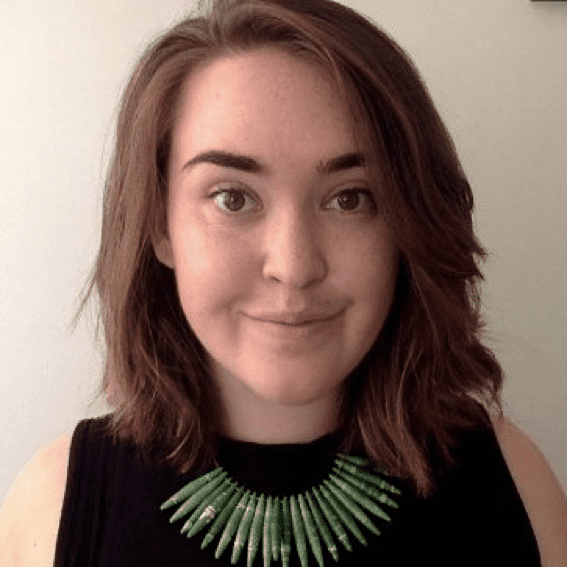
Kate Alexander – Alexander is a peace advocate and researcher with 10 years experience in community organizing. Her previous work experience includes war crimes research and assistance in a genocide trial in Bosnia and community peace-building work in Northern Uganda. She is a graduate of Brandeis University with a degree in International and Global Studies and a minor in Legal Studies. Kate is currently studying at the Columbia University School of International and Public Affairs.
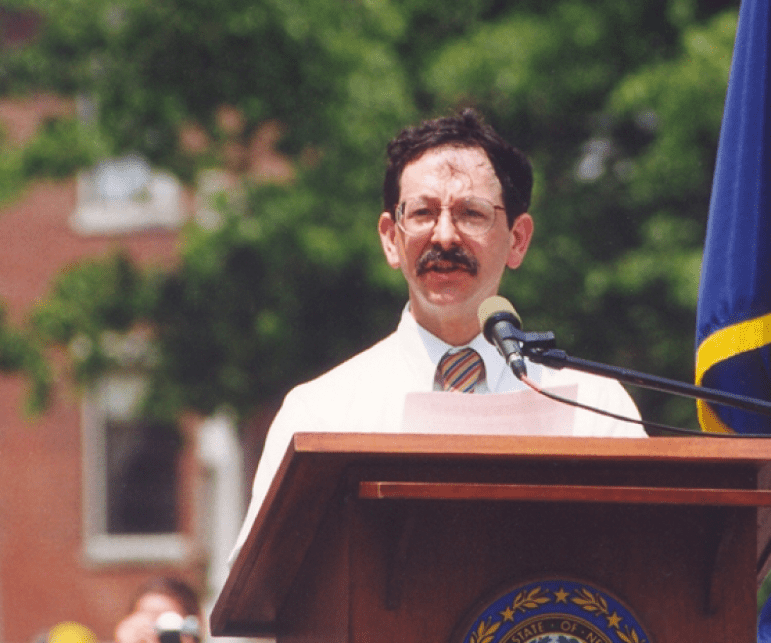
Arnie Alpert – Alpert serves as AFSC’s New Hampshire co-director and co-coordinator of the Presidential Campaign Project, and has coordinated AFSC’s New Hampshire program since 1981. He is a leader in movements for economic justice and affordable housing, civil and worker rights, peace and disarmament, abolition of the death penalty, and an end to racism and homophobia.
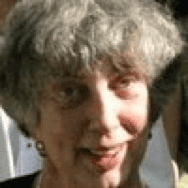
Rosalie Anders – Anders worked as an Associate Planner with the City of Cambridge’s Community Development Department, and is author of the city’s Pedestrian Plan, a set of guidelines intended to promote walking in the city. She has a Master’s degree in social work and worked as a family therapist for many years. She organizes around peace and environmental issues and is active with 350 Massachusetts. She chairs the Massachusetts Peace Action Education Fund board and co-founded our Climate and Peace Working Group in early 2016.
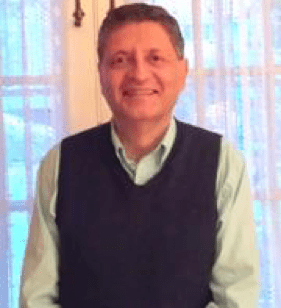
Ed Aquilar – Ed Aguilar is director for the Coalition for Peace Action in the Greater Philadelphia region. After successful collaboration on the New START Treaty (2010), in 2012, he opened the Philadelphia CFPA office, and organized a Voting Rights campaign, to allow 50,000 college students to vote, who were being denied by the “PA Voter ID Law”, later reversed. Ed has worked on rallies and conferences at Friends Center; Temple, Philadelphia, and Drexel Universities; and the Philadelphia Ethical Society—on the climate crisis, drones, mass incarceration, nuclear disarmament, and diplomacy with Iran.
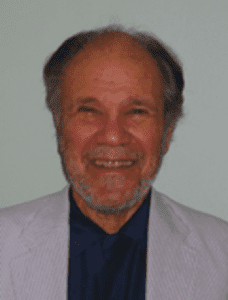
Aron Bernstein – Bernstein is a Professor of Physics Emeritus at MIT where he has been on the faculty since 1961. He has taught a broad range of physics courses from freshman to graduate level. His research program has been in nuclear and particle physics, with an emphasis on studying the basic symmetries of matter, and currently involves collaborations with University and government laboratories, and colleagues in many countries.
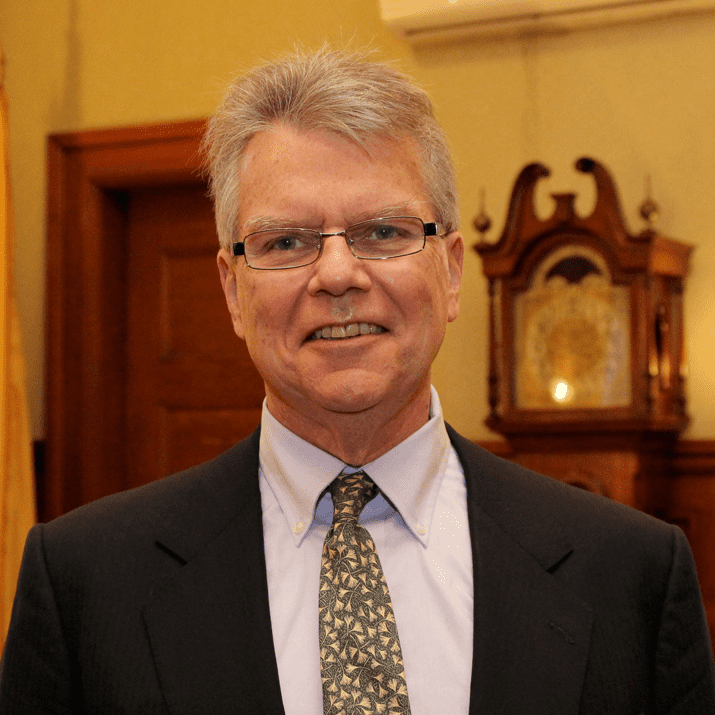
Dennis Carlone – Carlone is currently serving his second term on the Cambridge City Council, where he has earned recognition as an advocate for social justice through his expertise in citywide planning, transit policy, and sustainability initiatives.
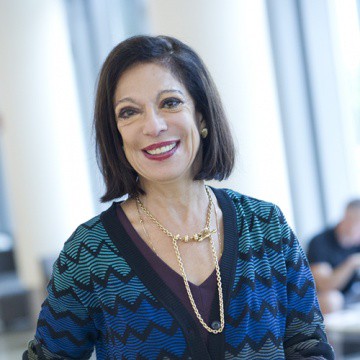
Nazli Choucri – Nazli Choucri is Professor of Political Science. Her work is in the area of international relations, most notably on sources and consequences of international conflict and violence. Professor Choucri is the architect and Director of the Global System for Sustainable Development (GSSD), a multi-lingual web-based knowledge networking system focusing on the multi-dimensionality of sustainability. As Principal Investigator of an MIT-Harvard multi-year project on Explorations in Cyber International Relations, she directed a multi-disciplinary and multi-method research initiative. She is Editor of the MIT Press Series on Global Environmental Accord and, formerly, General Editor of the International Political Science Review. She also previously served as the Associate Director of MIT’s Technology and Development Program.
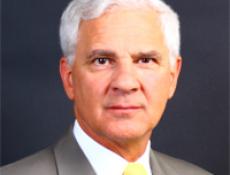
Joseph Cirincione – Cirincione is president of Ploughshares Fund, a global security foundation. He is the author of the new book Nuclear Nightmares: Securing the World Before It Is Too Late, Bomb Scare: The History and Future of Nuclear Weapons and Deadly Arsenals: Nuclear, Biological and Chemical Threats. He is a member of Secretary of State John Kerry’s International Security Advisory Board and the Council on Foreign Relations.
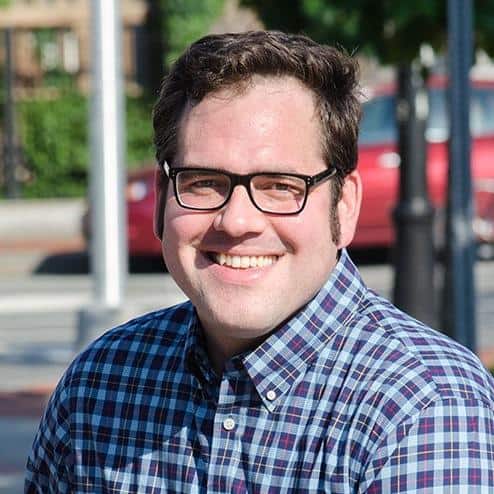
Mike Connolly – Connolly is an attorney and community organizer who proudly represents Cambridge and Somerville in the Massachusetts House of Representatives. He is committed to social and economic justice and emphasizes the importance of broad investments in affordable housing, public transportation, early education, afterschool programs, and other critical services.
Haleigh Copley-Cunningham
Frank Davis
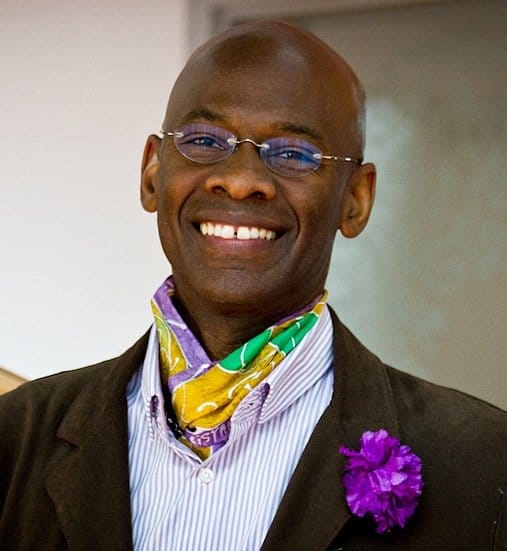
Michel DeGraff – DeGraff is the Director of the MIT-Haiti Initiative, a Founding Member of Akademi Kreyol Ayisyen, and a Professor of Linguistics at MIT. His research interests include syntax, morphology, and language change and is the author of over 40 publications.
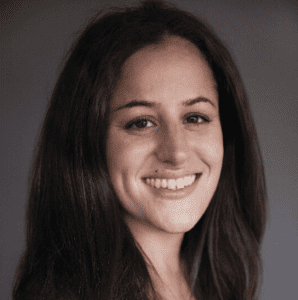
Erica Fein – Fein is WAND’s Nuclear Weapons Policy Director. In this capacity, she works with Congress, the executive branch, and the peace and security community on arms control, nonproliferation, and Pentagon and nuclear weapons budget reduction efforts. Previously, Erica served as a legislative assistant to Congressman John D. Dingell where she advised on national security, defense, foreign policy, small business, and veterans’ issues. Erica’s commentary has been published in the New York Times, Defense One, Defense News, The Hill, and the Huffington Post. She has also appeared on WMNF 88.5 in Tampa. Erica holds a M.A in International Security from the University of Denver’s Josef Korbel School of International Studies and a B.A. in International Studies from University of Wisconsin – Madison. She is a political partner at the Truman National Security Project. Erica can be found on Twitter @enfein.

Charles Ferguson – Ferguson has been the president of the Federation of American Scientists since January 1, 2010. From February 1998 to August 2000, Dr. Ferguson worked for FAS on nuclear proliferation and arms control issues as a senior research analyst. Previously, from 2002 to 2004, Dr. Ferguson had been with the Monterey Institute’s Center for Nonproliferation Studies (CNS) as its scientist-in-residence. At CNS, he co-authored the book The Four Faces of Nuclear Terrorism and was also lead author of the award-winning report “Commercial Radioactive Sources: Surveying the Security Risks,” which was published in January 2003 and was one of the first post-9/11 reports to assess the radiological dispersal device, or “dirty bomb,” threat. This report won the 2003 Robert S. Landauer Lecture Award from the Health Physics Society. From June 2011 to October 2013, he served as Co-Chairman of the U.S.-Japan Nuclear Working Group, organized by the Mansfield Foundation, FAS, and the Sasakawa Peace Foundation. In May 2011, his book Nuclear Energy: What Everyone Needs to Know was published by Oxford University Press. In 2013, he was elected a Fellow of the American Physical Society for his work in educating the public and policy makers about nuclear issues. Dr. Ferguson received his undergraduate degree in physics from the United States Naval Academy in Annapolis, Maryland, and his M.A. and Ph.D. degrees, also in physics, from Boston University in Boston, Massachusetts.
Pat Ferrone – Pat has been involved in peace and justice issues from a gospel nonviolent perspective for the past 40+ years. Currently, she acts as Co-coordinator of Pax Christi MA, a regional group of Pax Christi USA, the Catholic peace organization associated with Pax Christi International. Pax Christi, “grounded in the gospel and Catholic social teaching…rejects war, preparation for war, every form of violence and domination, and personal and systemic racism..we seek to model the Peace of Christi in our witness to the mandate of the nonviolence of the Cross.” She also chairs the St. Susanna Parish Pax Christi Committee, which recently sponsored two programs on the nuclear issue.
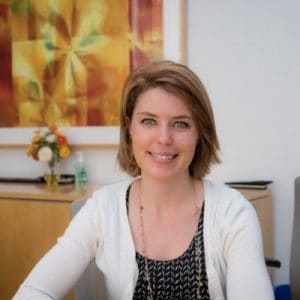
Caitlin Forbes – Forbes is the Student Outreach Coordinator for Massachusetts Peace Action, a nonpartisan, nonprofit organization working to develop peaceful US policies. Before beginning her work with MAPA, Caitlin gained a strong background with students through her work as an instructor of first year literature at the University of Connecticut and as the assistant alpine ski coach for Brown University. Caitlin has received both her B.A. and her M.A. in Literature and focused her work on the intersection between US-Middle Eastern foreign policy and contemporary American literature.
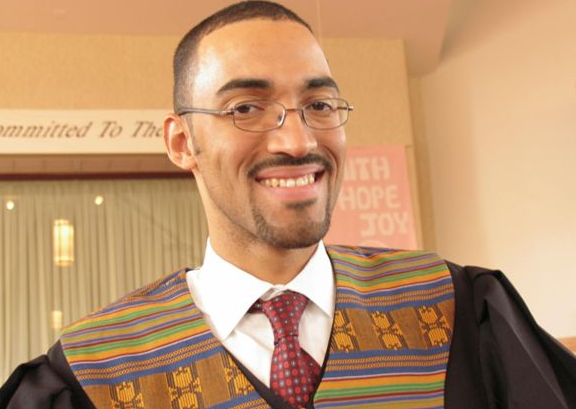
Rev. Paul Robeson Ford – The Rev. Paul Robeson Ford is the Senior Pastor of the Union Baptist Church in Cambridge, Massachusetts. Shortly after his third year at Union, he assumed leadership as Executive Director of the Boston Workers Alliance, a Roxbury-based grassroots organization dedicated to creating economic opportunity and winning criminal justice reform in Massachusetts; he served there until June 2016.
He received a Bachelor of Arts from Grinnell College and a Master of Divinity Degree from the Divinity School at the University of Chicago.
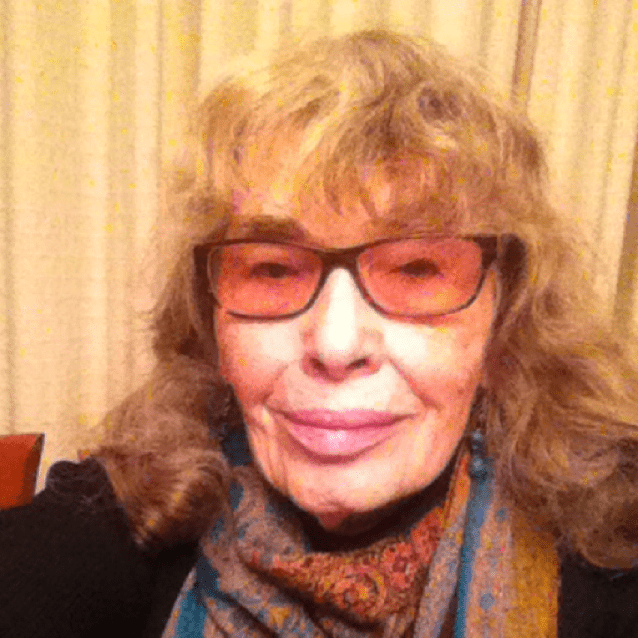
Shelagh Foreman – Shelagh is the program director of Massachusetts Peace Action. She was a founding member in the early 1980s of Mass Freeze, the statewide nuclear freeze organization, which merged with SANE to form Massachusetts Peace Action. She has worked consistently on nuclear disarmament and on bringing Peace Action’s message to our elected officials. She studied art at The Cooper Union and Columbia University, taught art and art history, and is a painter and printmaker. She represents MAPA on the Political Committee of Mass Alliance and is a core group member of 20/20 Action. She serves on the boards of Mass. Peace Action and Mass. Peace Action Ed Fund and on MAPA’s executive committee and is chair of MAPA’s Middle East Task Force. She has 5 children and 7 grandchildren and with her husband Ed Furshpan lives in Cambridge and also spends time in Falmouth.
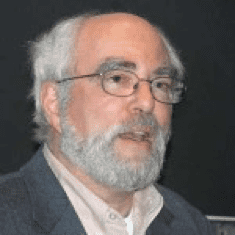
Joseph Gerson – Gerson has served the American Friends Service committee since 1976 and is currently Director of Programs and Director of the Peace and Economic Security Program for the AFSC in New England. His program work focuses on challenging and overcoming U.S. global hegemony, its preparations for and threats to initiate nuclear war, and its military domination of the Asia-Pacific and the Middle East.
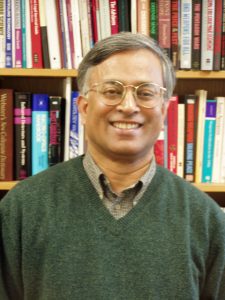
Subrata Ghoshroy – Ghoshroy is a research affiliate at the Massachusetts Institute of Technology’s Program in Science, Technology, and Society. Before that, he was for many years a senior engineer in the field of high-energy lasers. He was also a professional staff member of the House National Security Committee and later a senior analyst with the Government Accountability Office.
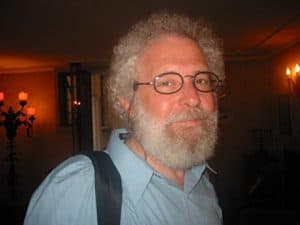
Prof. Gary R. Goldstein is a theoretical physicist, specializing in high energy particle physics and nuclear physics. As a researcher, teacher and a long time member of Tufts Physics and Astronomy Department, he taught all levels of Physics course along with courses for non-scientists including Physics for Humanists, The Nuclear Age: History and Physics (with Prof. M. Sherwin – History), Physics of Music and Color. He is a political activist on nuclear issues, social equity, anti-war, and environmentalism. He spent several years working in the Program for Science, Technology and International Security and at University of Oxford Department of Theoretical Physics. He was also a Science Education researcher affiliated with the Tufts Education department and TERC, Cambridge, working with K-12 students and teachers in public schools. He is a member of the board of the Mass Peace Action fund for education. Over many years he has been giving talks for a general audience about the dangers of nuclear weapons and war.
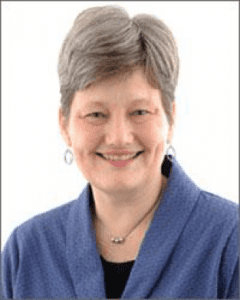
Lisbeth Gronlund – Gronlund focuses on technical and policy issues related to nuclear weapons, ballistic missile defenses, and space weapons. She has authored numerous articles and reports, lectured on nuclear arms control and missile defense policy issues before lay and expert audiences, and testified before Congress. A long list of news organizations, including the New York Times and NPR, have cited Gronlund since she joined UCS in 1992.
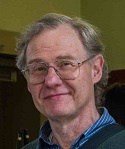
Cole Harrison – Cole is Executive Director of Massachusetts Peace Action. He was on the coordinating committee of the 2012 Budget for All Massachusetts campaign, co-coordinates the People’s Budget Campaign, and leads Peace Action’s national Move the Money Working Group. He is a member of the planning committee of United for Justice with Peace (UJP) and coordinated the Afghanistan Working Group of United for Peace and Justice (UFPJ) from 2010 to 2012. Born in Delhi, India, he has a B.A. from Harvard in applied mathematics and a M.S. from Northeastern in computer science. He worked for the Symphony Tenants Organizing Project and the Fenway News in the 1970?s, participated in the Jamaica Plain Committee on Central America (JP COCA) in the 1980s, and worked as a software developer and manager at CompuServe Data Technologies, Praxis Inc., and Ask.com before joining Peace Action in 2010. He lives in Roslindale, Massachusetts.
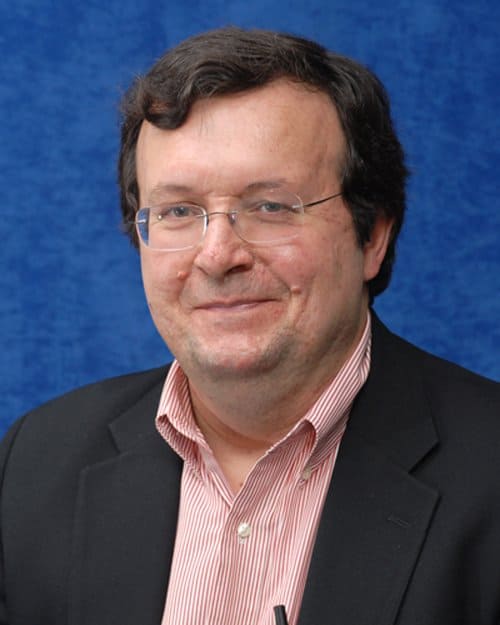
William Hartung – He is the author of Prophets of War: Lockheed Martin and the Making of the Military-Industrial Complex (Nation Books, 2011) and the co-editor, with Miriam Pemberton, of Lessons from Iraq: Avoiding the Next War (Paradigm Press, 2008). His previous books include And Weapons for All (HarperCollins, 1995), a critique of U.S. arms sales policies from the Nixon through Clinton administrations. From July 2007 through March 2011, Mr. Hartung was the director of the Arms and Security Initiative at the New America Foundation. Prior to that, he served as the director of the Arms Trade Resource Center at the World Policy Institute.
Madelyn Hoffman
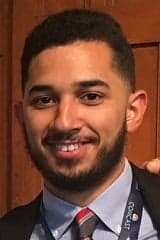
Jared Hicks
Prof. Vincent Intondi
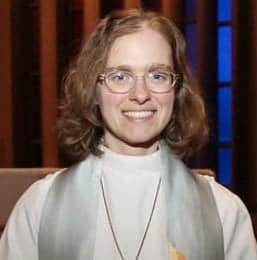
Thea Keith-Lucas – Keith-Lucas was raised on the campus of the University of the South in a family of scientists and engineers. She served as Curate to Trinity Church in Randolph, one of the most ethnically diverse parishes of the Diocese of Massachusetts, and then in 2007 was called as Rector of Calvary Episcopal Church in Danvers, where she initiated creative outreach efforts and facilitated a merger. Thea joined the staff of Radius in January 2013.
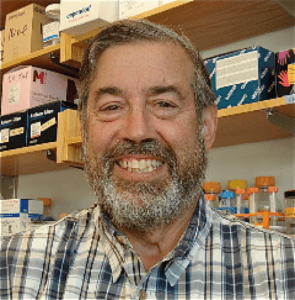
Jonathan A. King – King is professor of molecular biology at MIT, the author of over 250 scientific papers, and a specialist in protein folding. Prof. King is a former President of the Biophysical Society, former Guggenheim Fellow, and a recipient of MIT’s MLKJr Faculty Leadership Award. He was a leader in the mobilization of biomedical scientists to renounce the military use of biotechnology and strengthen the Biological Weapons Convention. He was a founder of a Jobs with Peace campaign in the 1980s and now chairs Massachusetts Peace Action’s Nuclear Weapons Abolition working group. He is also an officer of the Cambridge Residents Alliance and of Citizens for Public Schools.
Richard Krushnic
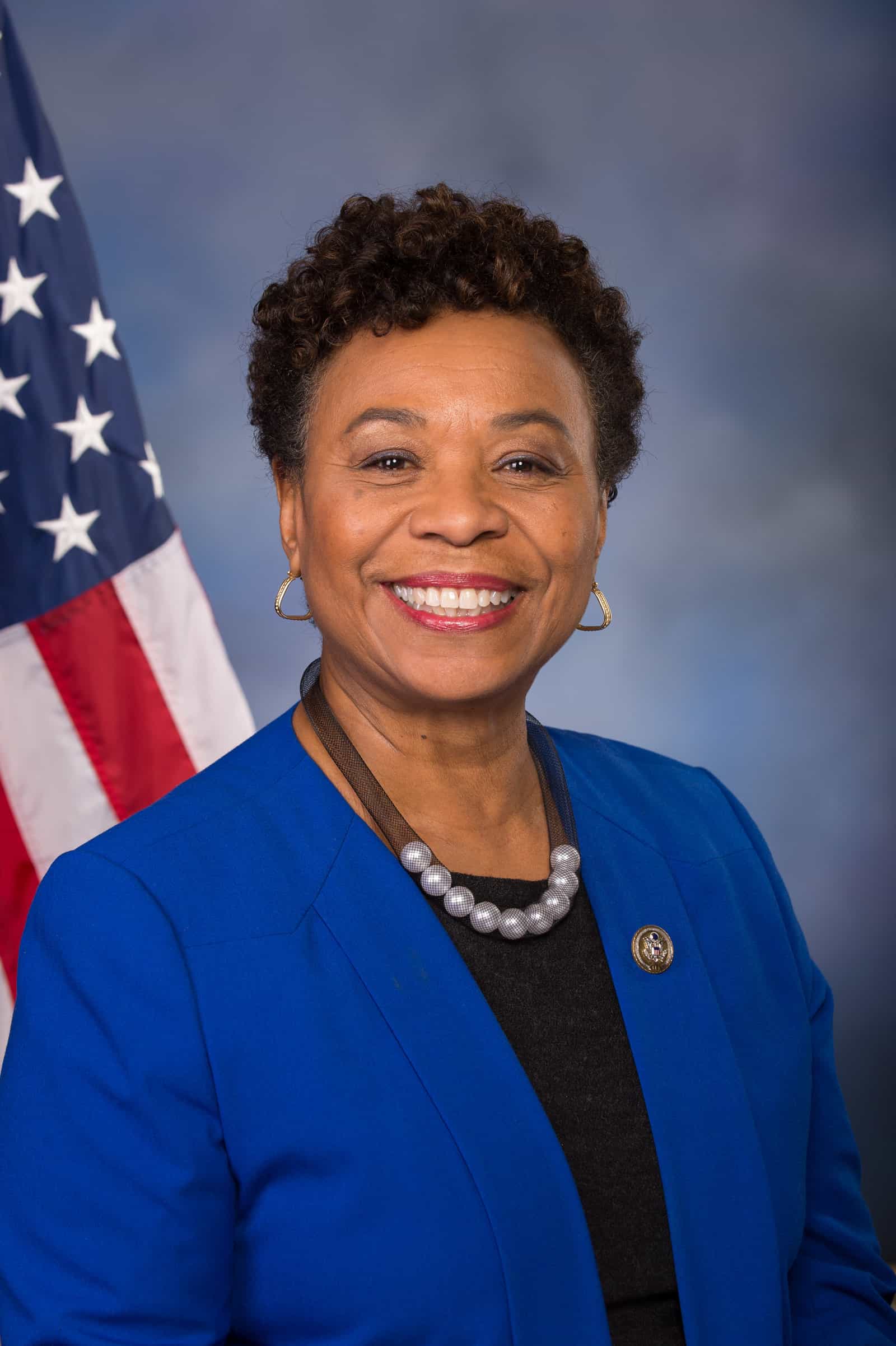
Barbara Lee – Lee is the U.S. Representative for California’s 13th congressional district, serving East Bay voters from 1998 to 2013 during a time when the region was designated California’s 9th congressional district. She is a member of the Democratic Party. She was the first woman to represent the 9th district and is also the first woman to represent the 13th district. Lee was the Chair of the Congressional Black Caucus and was the Co-Chair of the Congressional Progressive Caucus. Lee is notable as the only member of either house of Congress to vote against the authorization of use of force following the September 11, 2001 attacks.[1] This made her a hero among many in the anti-war movement.[2] Lee has been a vocal critic of the war in Iraq and supports legislation creating a Department of Peace.
Kevin Martin – Martin, President of Peace Action and the Peace Action Education Fund, joined the staff on Sept 4, 2001. Kevin previously served as Director of Project Abolition, a national organizing effort for nuclear disarmament, from August 1999 through August 2001. Kevin came to Project Abolition after ten years in Chicago as Executive Director of Illinois Peace Action. Prior to his decade-long stint in Chicago, Kevin directed the community outreach canvass for Peace Action (then called Sane/Freeze) in Washington, D.C., where he originally started as a door-to-door canvasser with the organization in 1985. Kevin has traveled abroad representing Peace Action and the U.S. peace movement on delegations and at conferences in Russia, Japan, China, Mexico and Britain. He is married, with two children, and lives in Silver Spring, Maryland.
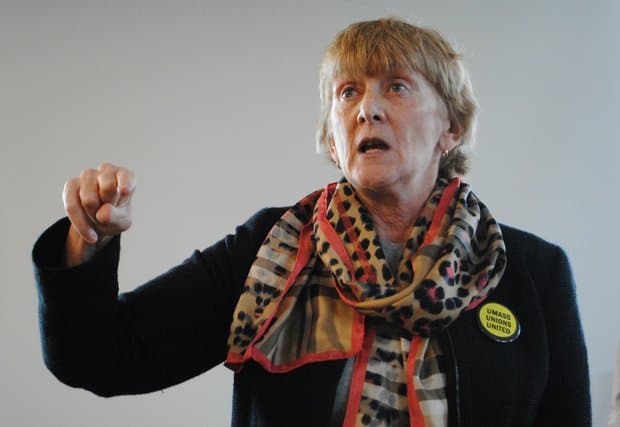
Barbara Madeloni – Madeloni is president of the 110,000-member Massachusetts Teachers Association and a staunch advocate for students and educators in the public schools and public higher education system in Massachusetts. She believes that strong unions led by rank-and-file members produce stronger public schools and communities. She is committed to racial and economic justice – and to building alliances with parents, students and communities – to secure a more just world.
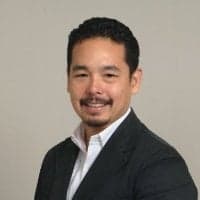
Ray Matsumiya
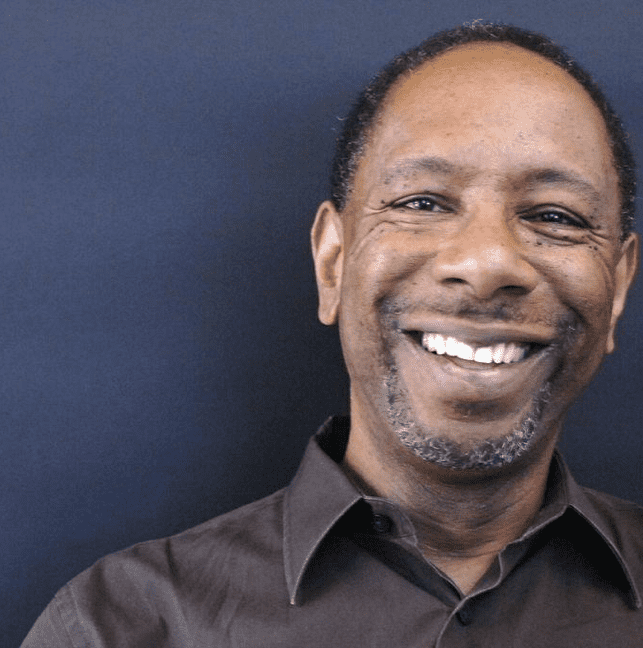
Ceasar McDowell – McDowell is Professor of the Practice of Community Development at MIT. He holds an Ed.D. (88) and M.Ed. (84) from Harvard. McDowell’’s current work is on the development of community knowledge systems and civic engagement. He is also expanding his critical moments reflection methodology to identify, share and maintaining grassroots knowledge. His research and teaching interests also include the use of mass media and technology in promoting democracy and community-building, the education of urban students, the development and use of empathy in community work, civil rights history, peacemaking and conflict resolution. He is Director of the global civic engagement organization dropping knowledge international Dropping Knowledge International, MIT’s former Center for Reflective Community Practice (renamed Co-Lab) and co-founder of The Civil Rights Forum on Telecommunications Policy and founding Board member of The Algebra Project Algebra.
Andrea Miller
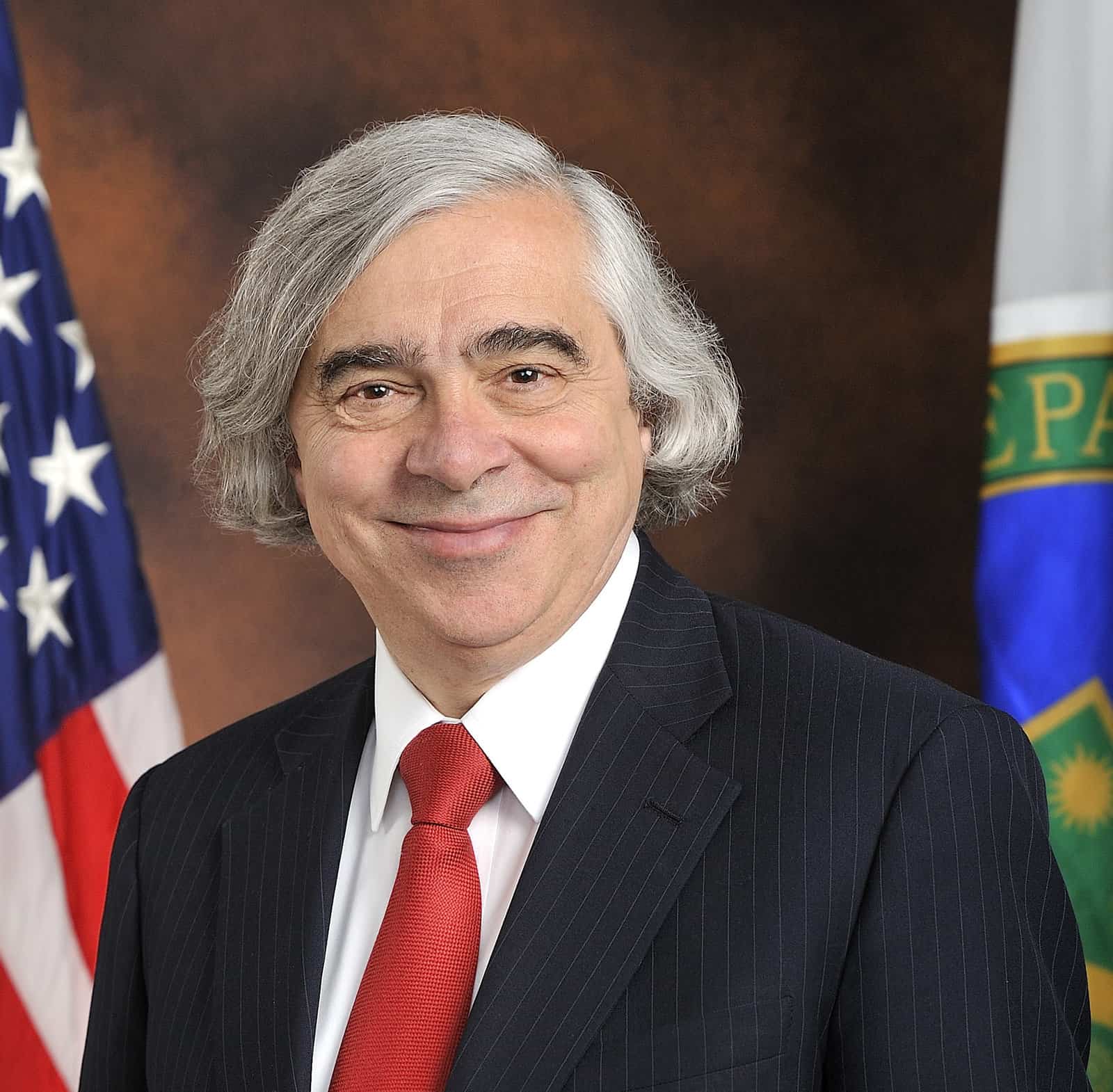
Ernie Moniz – Moniz is an American nuclear physicist and the former United States Secretary of Energy, serving under U.S. President Barack Obama from May 2013 to January 2017. He served as the Associate Director for Science in the Office of Science and Technology Policy in the Executive Office of the President of the United States from 1995 to 1997 and was Under Secretary of Energy from 1997 to 2001 during the Clinton Administration. Moniz is one of the founding members of The Cyprus Institute and has served at Massachusetts Institute of Technology as the Cecil and Ida Green Professor of Physics and Engineering Systems, as the Director of the Energy Initiative, and as the Director of the Laboratory for Energy and the Environment.
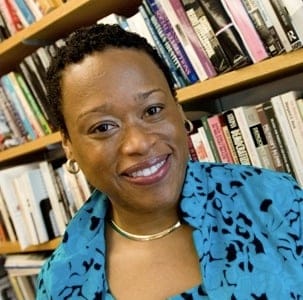
Melissa Nobles – Nobles is Kenan Sahin Dean of the School of Humanities, Arts, and Social Sciences, and Professor of Political Science at the Massachusetts Institute of Technology. Her current research is focused on constructing a database of racial murders in the American South, 1930–1954. Working closely as a faculty collaborator and advisory board member of Northeastern Law School’s Civil Rights and Restorative Justice law clinic, Nobles has conducted extensive archival research, unearthing understudied and more often, unknown racial murders and contributing to several legal investigations. She is the author of two books, Shades of Citizenship: Race and the Census in Modern Politics (Stanford University Press, 2000), The Politics of Official Apologies, (Cambridge University Press, 2008), and co-editor with Jun-Hyeok Kwak of Inherited Responsibility and Historical Reconciliation in East Asia (Routledge Press, 2013).
Remy Pontes
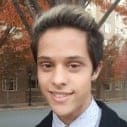
Lucas Perry – Perry is passionate about the role that science and technology will play in the evolution of all sentient life. He has studied at a Buddhist monastery in Nepal and while there he engaged in meditative retreats and practices. He is now working to challenge and erode our sense of self and our subject-object frame of reference. His current project explores how mereological nihilism and the illusion of self may contribute to forming a radically post-human consequentialist ethics. His other work seeks to resolve the conflicts between bio-conservatism and transhumanism.
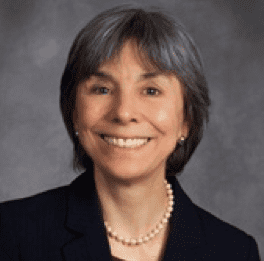
Denise Provost

John Ratliff – Ratliff was political director of an SEIU local union in Miami, Florida, and relocated to Cambridge after his retirement in 2012. He is a graduate of Princeton University and Yale Law School. A Vietnam veteran and member of Veterans for Peace, he is a member of the coordinating committee of Massachusetts Senior Action’s Cambridge branch, and chair of Massachusetts Jobs with Justice’s Global Justice Task Force. As Mass. Peace Action’s economic justice coordinator he leads our coalition work with Raise Up Massachusetts for an increased minimum wage and sick time benefits, and against the Trans Pacific Partnership. He is the father of high school senior Daniel Bausher-Belton, who was an intern at Mass. Peace Action in summer 2013.
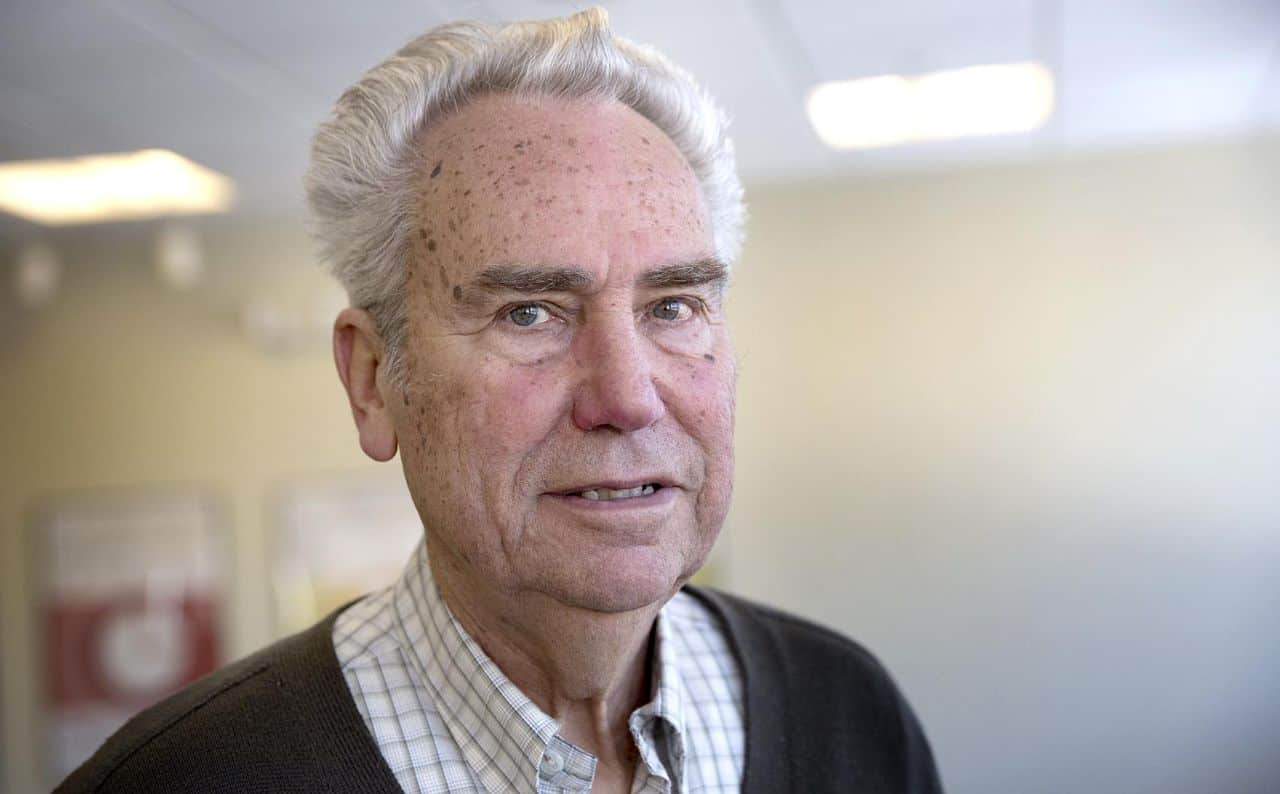
Fred Salvucci – Salvucci, senior lecturer and senior research associate, is a civil engineer with interest in infrastructure, urban transportation and public transportation. He has over 30 years of contextual transportation experience, most of it in the public sector as former Secretary of Transportation for the Commonwealth of Massachusetts (1983-1990) and transportation advisor to Boston Mayor Kevin White (1975-1978). Some of his notable achievements include shifting public focus from highway spending towards rail transit investment and spearheading the depression of the Central Artery in Boston. He has participated in the expansion of the transit system, the development of the financial and political support for the Central Artery/Tunnel Project, and the design of implementation strategies to comply with the Clean Air Act consistent with economic growth. Other efforts include formulation of noise rules to reverse the increase in aircraft noise at Logan Airport and development of strategies to achieve high-speed rail service between Boston and New York.
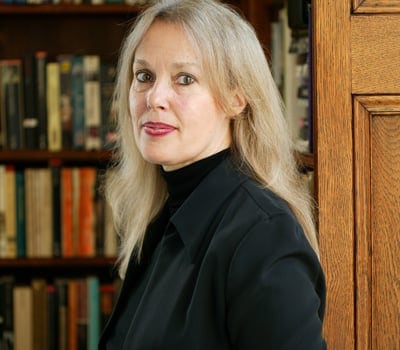
Elaine Scarry – Scarry is an American essayist and professor of English and American Literature and Language. She is the Walter M. Cabot Professor of Aesthetics and the General Theory of Value at Harvard University. Her books include The Body in Pain, Thermonuclear Monarchy, and On Beauty and Being Just.

Paul Shannon – Shannon is program staff for the Peace and Economic Security program of the American Friends Service Committee (AFSC) in Cambridge, hosts regular educational forums at the Cambridge Public Library for the AFSC and has coordinated the National AFSC Film Lending Library for the past 26 years. For over 3 decades he has been active in various peace, union, prison reform, solidarity, economic justice and human rights movements particularly the Vietnam anti-war movement, the 1970’s United Farm Workers movement, the South Africa anti-apartheid movement, the 1980’s Central America and Cambodia solidarity movements, the Haiti Solidarity movement of the early 90’s and the Afghanistan and Iraq anti-war movement. Paul has been teaching social science courses at colleges in the greater Boston area for the past 27 years. Since 1982 he has been teaching a course on the history of the Vietnam War at Middlesex Community College and occasionally teaches professional development courses on the Vietnam war for high school teachers at Northeastern University and Merrimack Educational Center. He is past editor of the Indochina Newsletter and has written numerous articles for peace movement publications. He is on the Board of Directors of the community/fan organization, Save Fenway Park. He currently represents the American Friends Service Committee on the Coordinating Committee of the United for Justice with Peace Coalition.
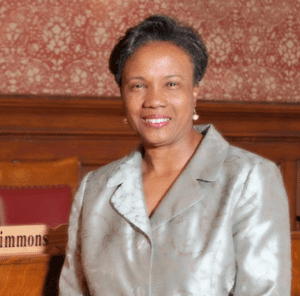
Denise Simmons – As Mayor of the City of Cambridge, Denise Simmons won praise for her open-door policy, for her excellent constituent services, and for her down-to-earth approach to her duties. She continues to bring these qualities to her work on the Cambridge City Council. She was sworn in to her second term as mayor on January 4, 2016.
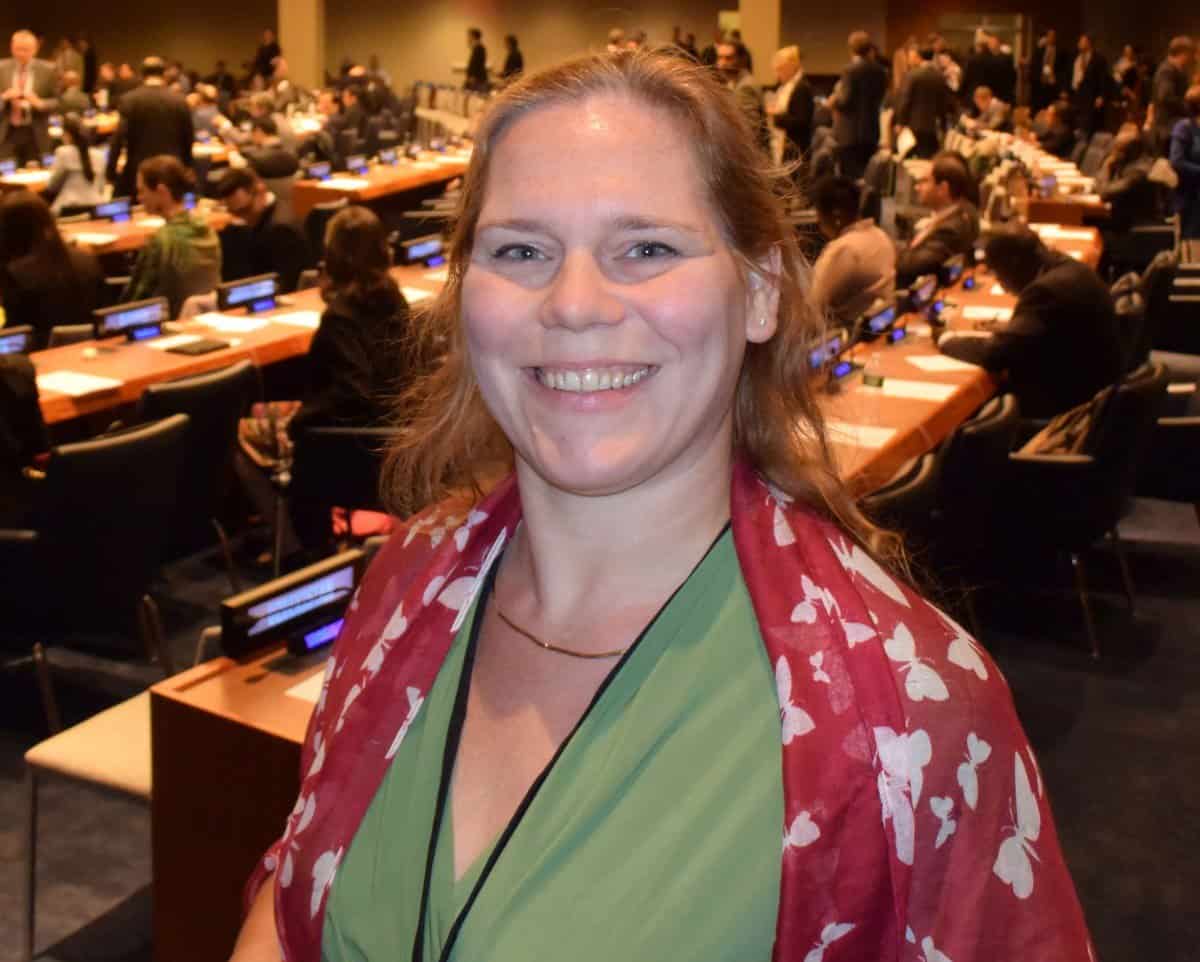
Susie Snyder – Mrs. Susi Snyder is the Nuclear Disarmament Programme Manager for Pax in the Netherlands. Mrs. Snyder is a primary author of the Don’t Bank on the Bomb: Global Report on the Financing of Nuclear Weapons Producers (2013, 2014, 2015) and has published numerous reports and articles, including the 2015 Dealing with a Ban & Escalating Tensions, the 2014 The Rotterdam Blast: The immediate humanitarian consequences of a 12 kiloton nuclear explosion; and the 2011 Withdrawal Issues: What NATO countries say about the future of tactical nuclear weapons in Europe. She is an International Steering Group member of the International Campaign to Abolish Nuclear Weapons. Previously, Mrs. Snyder served as the International Secretary General of the Women’s International League for Peace and Freedom, where she monitored various issues under the aegis of the United Nations, including sustainable development, human rights, and disarmament.
Geoffrey Supran – Longstanding interest in optoelectronics. Opportunities to overcome scientific and economic hurdles in solar cell design and significantly impact world energy markets are alluring. Hybrid devices combining the flexibility, large area and tunable absorption of low cost solution processable nanocrystals (or polymers) with the high carrier mobility of, for example, III-V semiconductors, appear promising. In particular, enhancement of photocurrent by nonradiative energy transfer and carrier multiplication is of interest. Additionally, the importance of a nanoscale test-bed for fundamental studies of photo-induced energy/charge transport motivates my curiosity for the investigation of stand-alone photovoltaic single nanowire heterostructures. I am also interested in the development of photoelectrochemical storage catalysts and the pursuit of coupled photovoltaic-electrolysis systems.

Herb Taylor – Taylor became Senior Pastor at Harvard-Epworth UMC in August, 2014. Before coming to the church, he served as President and CEO of Deaconess Abundant Life Communities, a not-for-profit aging services provider. Founded in 1889, the Deaconess has over 400 employees and serves over a thousand older adults through skilled nursing, assisted living and independent living apartments in multiple locations in Massachusetts and New Hampshire.
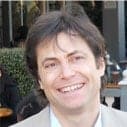
Max Tegmark – Known as “Mad Max” for his unorthodox ideas and passion for adventure, his scientific interests range from precision cosmology to the ultimate nature of reality, all explored in his new popular book “Our Mathematical Universe”. He is an MIT physics professor with more than two hundred technical papers and has featured in dozens of science documentaries. His work with the SDSS collaboration on galaxy clustering shared the first prize in Science magazine’s “Breakthrough of the Year: 2003.” He is founder (with Anthony Aguirre) of the Foundational Questions Institute.
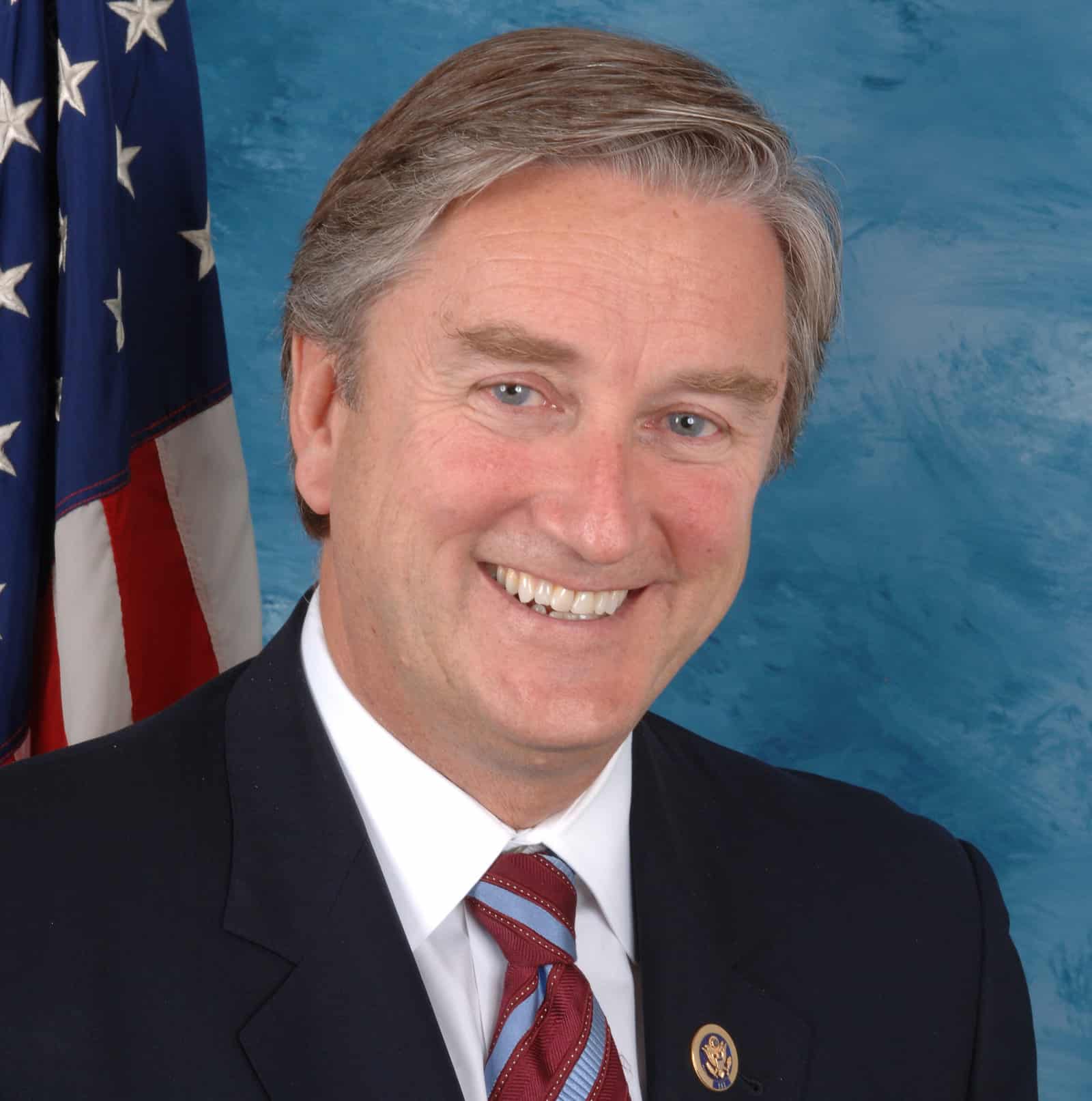
John Tierney – Tierney is an American politician who served as a U.S. Representative from Massachusetts from January 3, 1997, to January 3, 2015. In February 2016, he was appointed the executive director of the Council for a Livable World and the Center for Arms Control and Non-Proliferation, the council’s affiliated education and research organization. He is a Democrat who represented the state’s 6th district, which includes the state’s North Shore and Cape Ann. Born and raised in Salem, Massachusetts, Tierney graduated from Salem State College and Suffolk University Law School. He worked in private law and served on the Salem Chamber of Commerce (1976–97). Tierney was sworn in as a U.S. representative in 1997.
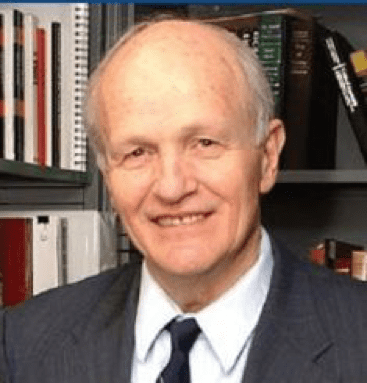
Frank Von Hippel – Hippel’s areas of policy research include nuclear arms control and nonproliferation, energy, and checks and balances in policy making for technology. Prior to coming to Princeton, he worked for ten years in the field of elementary-particle theoretical physics. He has written extensively on the technical basis for nuclear nonproliferation and disarmament initiatives, the future of nuclear energy, and improved automobile fuel economy. He won a 1993 MacArthur fellowship in recognition of his outstanding contributions to his fields of research. During 1993–1994, he served as assistant director for national security in the White House Office of Science and Technology Policy.
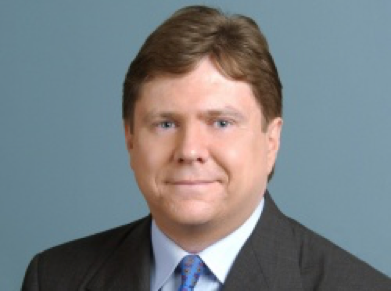
Jim Walsh – Walsh is a Senior Research Associate at the Massachusetts Institute of Technology’s Security Studies Program (SSP).Walsh’s research and writings focus on international security, and in particular, topics involving nuclear weapons, the Middle East, and East Asia. Walsh has testified before the United States Senate and House of Representatives on issues of nuclear terrorism, Iran, and North Korea. He is one of a handful of Americans who has traveled to both Iran and North Korea for talks with officials about nuclear issues. His recent publications include “Stopping North Korea, Inc.: Sanctions Effectiveness and Unintended Consequences” and “Rivals, Adversaries, and Partners: Iran and Iraq in the Middle East” in Iran and Its Neighbors. He is the international security contributor to the NPR program “Here and Now,” and his comments and analysis have appeared in the New York Times, the New York Review of Books, Washington Post, Wall Street Journal, ABC, CBS, NBC, Fox, and numerous other national and international media outlets. Before coming to MIT, Dr. Walsh was Executive Director of the Managing the Atom project at Harvard University’s John F. Kennedy School of Government and a visiting scholar at the Center for Global Security Research at Lawrence Livermore National Laboratory. He has taught at both Harvard University and MIT. Dr. Walsh received his Ph.D from the Massachusetts Institute of Technology.
Organizers
We would like to extend a special thank you to our Program Committee and sponsors for all their help creating and organizing this event.
Prof. Aron Bernstein (MIT, Council for a Livable), Joseph Gerson (AFSC), Subrata Ghoshroy (MIT), Prof. Gary Goldstein (Tufts University), Cole Harrison (Mass Peace Action), Jonathan King (MIT and Mass Peace Action), State Rep. Denise Provost; John Ratliff (Mass Peace Action, Mass Senior Action), Prof. Elaine Scarry (Harvard University), Prof.Max Tegmark (MIT, Future of Life Institute), Patricia Weinmann (MIT Radius).
Sponsored by MIT Radius (the former Technology and Culture Forum), Massachusetts Peace Action, the American Friends Service Committee, and the Future of Life Institute.
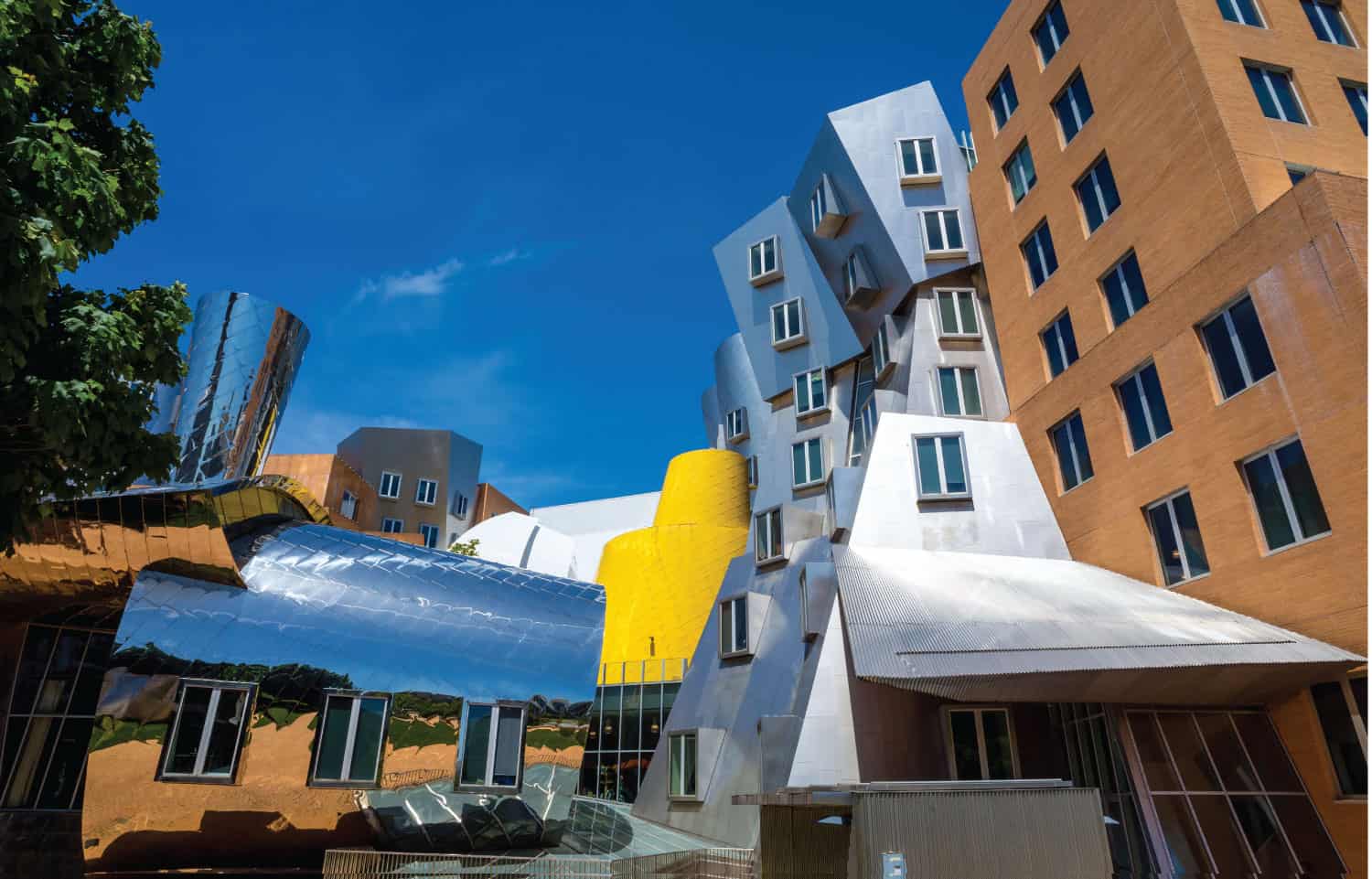
About the Future of Life Institute
The Future of Life Institute (FLI) is a global think tank with a team of 20+ full-time staff operating across the US and Europe. FLI has been working to steer the development of transformative technologies towards benefitting life and away from extreme large-scale risks since its founding in 2014. Find out more about our mission or explore our work.
Related content
Other posts about Events, Nuclear, Recent News

The U.S. Public Wants Regulation (or Prohibition) of Expert‑Level and Superhuman AI
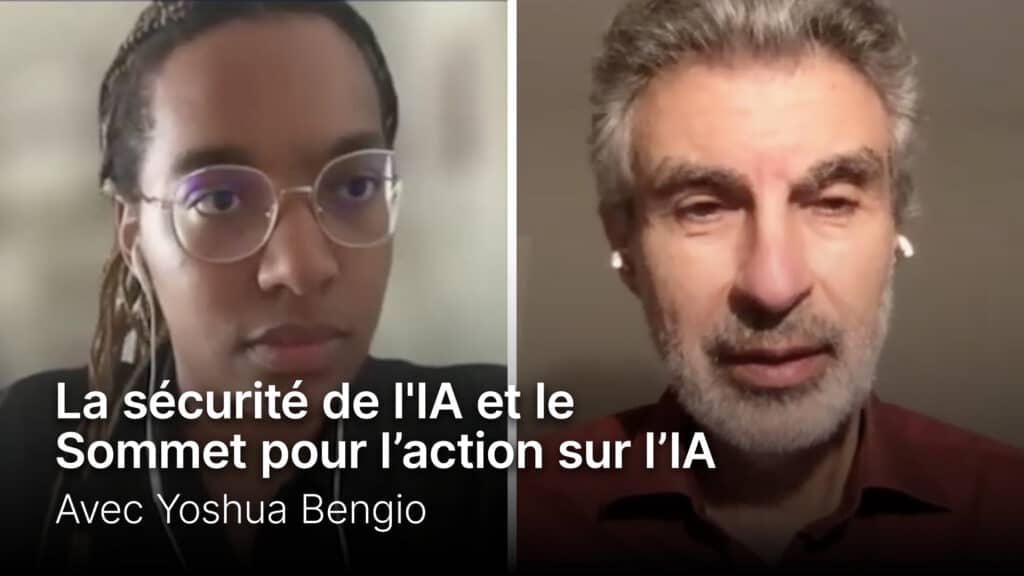
Paris AI Safety Breakfast #3: Yoshua Bengio
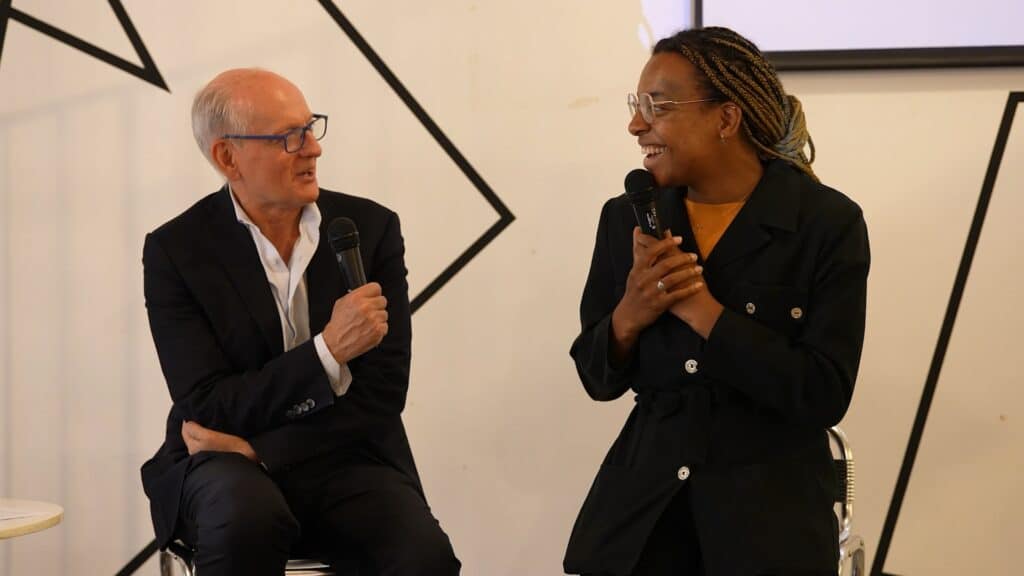
Paris AI Safety Breakfast #1: Stuart Russell
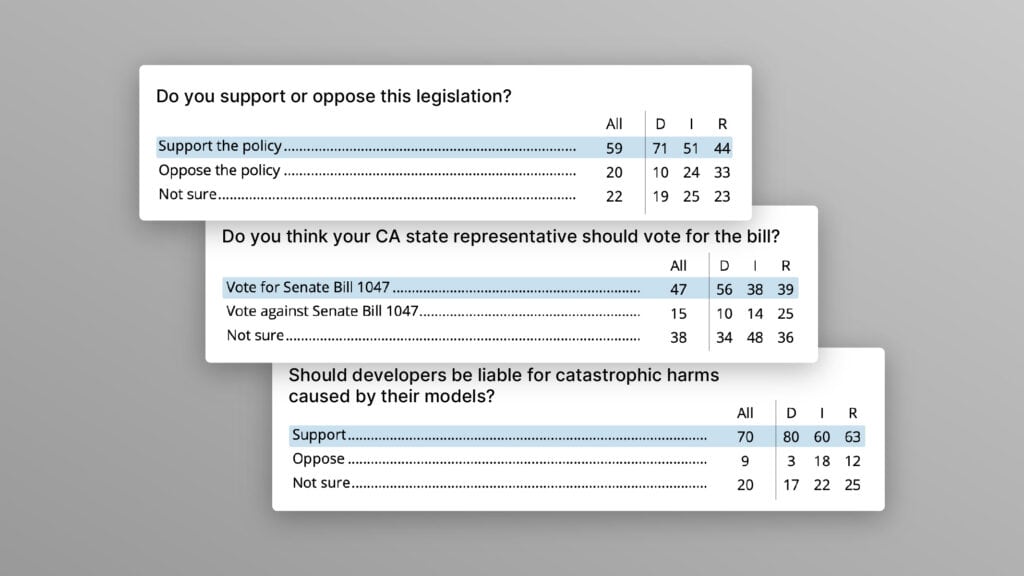
Poll Shows Broad Popularity of CA SB1047 to Regulate AI
Some of our events

Augmented Intelligence Summit


